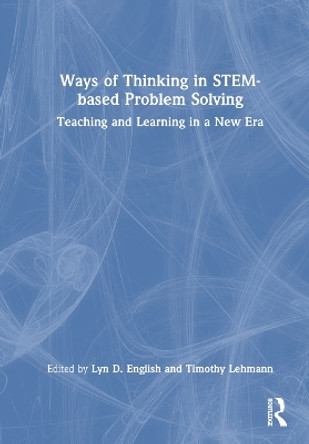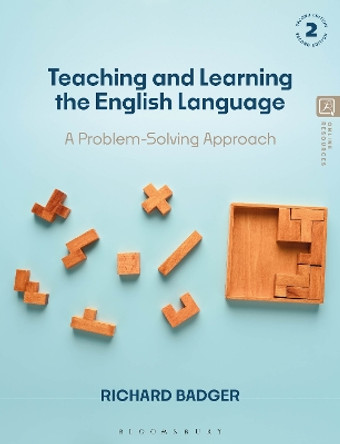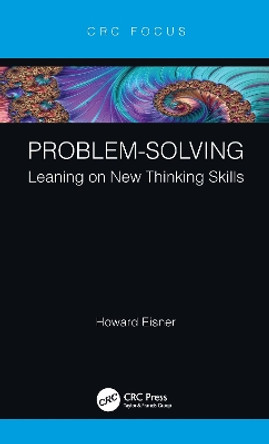Description
Taking a future-oriented approach, this book addresses students' ways of thinking in STEM-based problem solving. It provides a rich set of chapters that explore how we can advance important thinking skills in STEM education for K-12 students.
STEM education is essential to understanding and solving many of the world's major challenges. However, the kind of interdisciplinary modes of thinking required to tackle such unforeseen problems is lacking in most STEM education delivery. This book examines the various ways of thinking that can be applied to effective STEM-based problem solving across K-12 education. These include design and design-based thinking, systems thinking and modeling, critical thinking, innovative and adaptive thinking, intuition in problem solving, and computational and algorithmic thinking. Across the chapters, the authors' interdisciplinary perspectives give further depth to understanding how students learn and apply their thinking to solve STEM-based problems. The book also provides guidance on how to assess ways of thinking in STEM education, to ensure educators can recognize students' progress and development.
Bringing together a team of international experts, this book is essential reading for pre-service teachers, teacher educators, and researchers in STEM education.
About the Author
Lyn D. English is Professor of Mathematics/STEM Education at the Queensland University of Technology, Australia. Her areas of research include mathematics/STEM education, ways of thinking in integrated STEM-based problem solving, mathematical modeling, engineering education, and reasoning with probability and statistics. She is a Fellow of The Academy of the Social Sciences in Australia, and the founding editor (1997) of the international journal, Mathematical Thinking and Learning (Taylor & Francis).
Timothy Lehmann is Senior Lecturer in Secondary Mathematics Education at the Queensland University of Technology, Australia. His areas of research are the teaching and learning of secondary mathematics topics including measurement, calculus, discrete mathematics, and the development of computational thinking in mathematics and STEM education.
Book Information
ISBN 9781032520339
Author Lyn D. English
Format Paperback
Page Count 280
Imprint Routledge
Publisher Taylor & Francis Ltd









